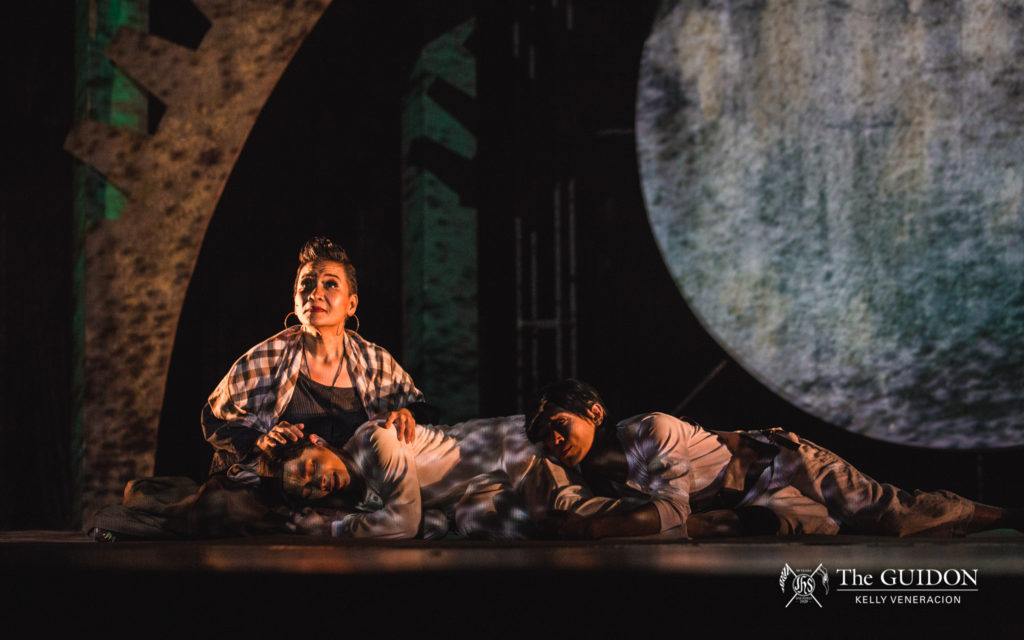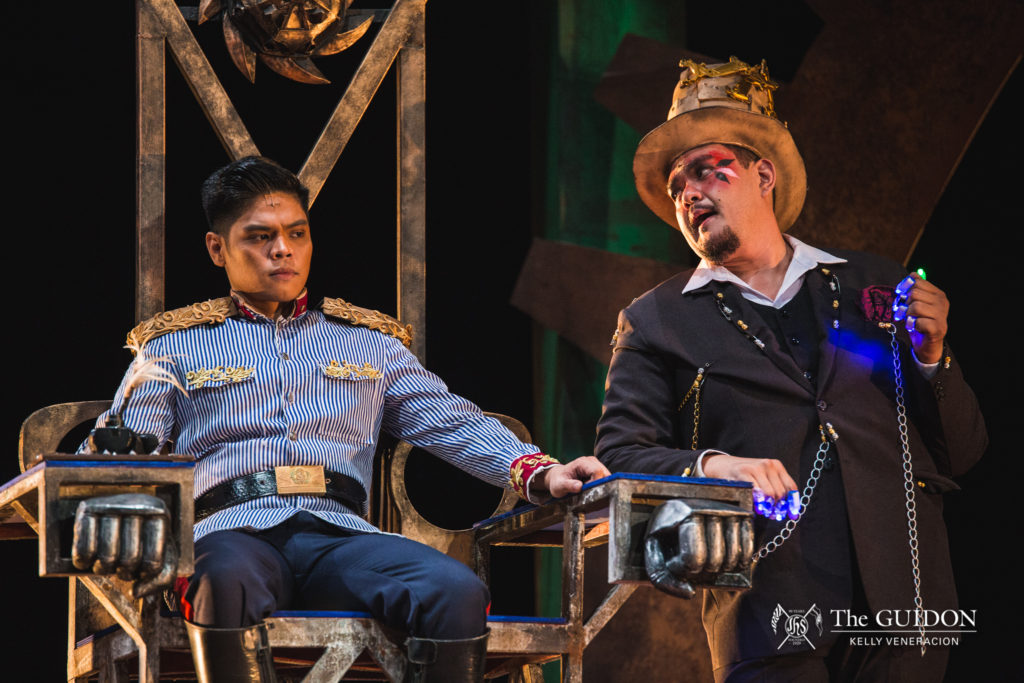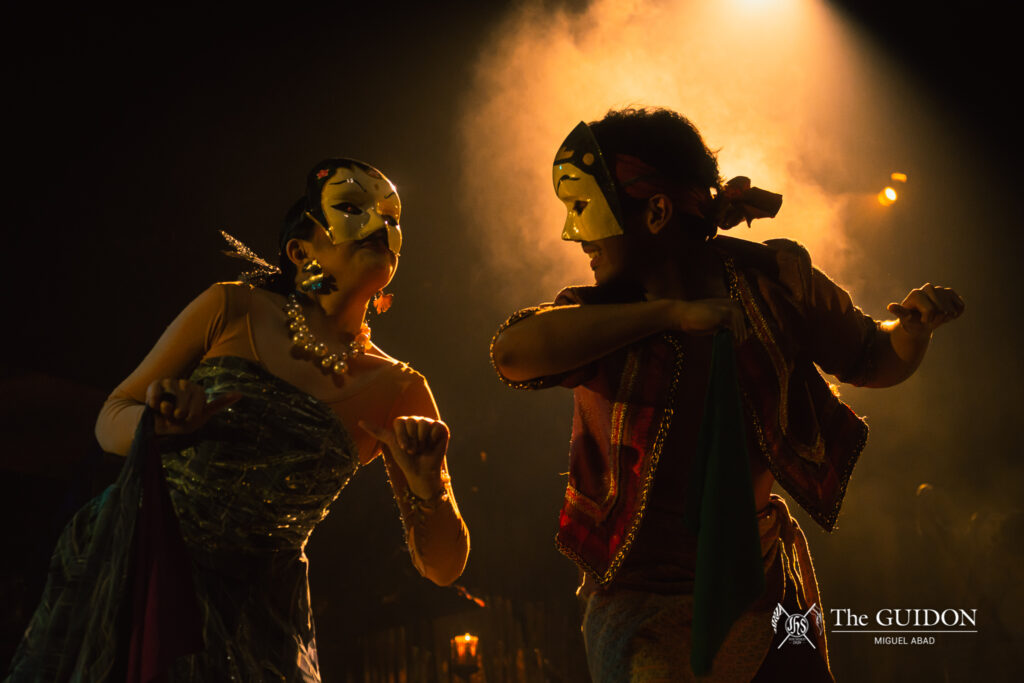Textbook Apolinario Mabini is the “Sublime Paralytic” or “The Brain of the Revolution”—no more, no less than someone who fought the Americans from a rattan armchair. A crippling bout of polio may have kept him from the battlefield, but not from setting up the first Philippine Republic amid the Philippine-American War. Mabini also eventually wrote the framework of a revolutionary government and the Malolos Congress into existence.
Ironically, mabini in Filipino means gentle, when the man’s persona in national memory is anything but that. Historical writers Leon Ma. Guerrero and Nick Joaquin both allude to Mabini’s cutting advice as President Emilio Aguinaldo’s chief counsel: Mabini called the June 12 Declaration of Independence “premature” on that very same day and he warned against war with the Americans for our lack of preparation. These are only a few of the controversial, yet practical views that made him no shortage of enemies. It did not help, as Joaquin suggests, that Mabini’s image was of a “sphinx”: Of cold criticism with a remote air, without much thought for personal relationships.
But this wry perspective on Mabini does not bode as well for the stage. Tanghalang Pilipino, the Cultural Center of the Philippines’ resident theater company, instead heightens the most sentimental parts of the sharp-tongued hero’s character. Written by author and film critic Nicanor Tiongson, PhD, the multi-awarded Mabining Mandirigma dramatizes the setting, sound, and story of Mabini’s patriotism in over-the-top steampunk fashion. Now on its fourth run since 2015, the musical directed by Chris Millado continues to leave maximum impact through strategic contrast.
Above the din
From the get-go, one particular contradiction stands out: The show casts an actress as Mabini. The nontraditional choice highlights the hero’s voice above the low tones of a male-dominated roster. Composer Joed Balsamo’s songs and Ateneo Blue Repertory alumni Ejay Yatco’s musical direction allow for Mabini’s notes to soar in more serious solos, since his detractors are saddled with the teasingly jauntier tunes or even rap verses. But sound aside, the unconventional casting likewise points to the protagonist’s “otherness” as both a political contrarian and a person with disability.

Photo by Kelly Veneracion
In that vein, Monique Wilson (alternate Hazel Maranan) portrays Mabini with long-suffering emotion. Where Joaquin thinks Mabini aloof, Mandirigma presents the “Sublime Paralytic” as impassioned in every aspect. Wilson delivers his sophisticated arguments in rapid-fire Filipino, often belted out to an agitated Aguinaldo (Arman Ferrer alternate David Ezra). She trembles with tight-lipped rage when members of Congress shut Mabini down, then resignedly vents to his trusted aide, Pepe (Paw Castillo). And when Mabini reunites with his mother Dionisia (Mia Bolaños), Wilson plays the moment with such tenderness, enough to make the scene deceptively conclusive.

Photo by Kelly Veneracion
Pepe and Dionisia may serve as the hero’s moral support in some admittedly cloying segments, but more interesting narratives arise from political intrigue. The uppity Congress delegates—namely, Felipe Buencamino (Jonathan Tadioan), Pedro Paterno (JV Ibesate), Benito Legarda (Meynard Peñalosa), Gregorio Araneta (Anthony Peralta), and Felipe Calderon (Lian Silverio)—break into garish song and dance about their love of country, but are some of the first to later encourage sworn oaths to America. Memorable debates in Malolos often devolve into the five doing a whimsical jig, with a stone-faced Mabini to the side. Mandirigma’s cast expertly brings these historical contradictions to life, with the hero up against these crooked statesmen who are too certain of their own good.
Looking back
It’s also contradictory how plays about the past are meant for present audiences. Coming in, Director Millado knew that connecting with a new generation would be difficult without a visual feast. His answer was a full-fledged steampunk aesthetic, which is not only eye-catching, but implies a telling marriage of the old and new. Moreover, Mandirigma occasionally stretches the mandate of modernity, with some anachronistic elements of the digital age thrown in. The effect is jarring, but successfully draws laughs from time to time.
Nonetheless, the steampunk theme is unified in Toym Imao’s set design. The stage has rusted gears hanging from the ceiling and criss-crossing in huge arches, while a circular board serves as the musical’s catch-all for names, dates, and locations to be flashed. A balcony to the side captivates when Aguinaldo or other personalities make pronouncements with the Philippine flag strikingly unfurled. But some of the most impressive pieces only make fleeting appearances; audiences should nevertheless keep their eyes peeled for a sinister, red-eyed float of Uncle Sam, or a pair of huge, bronze angel wings in a somber scene.

Photo by Kelly Veneracion
On the flip side, viewers don’t have to squint for war paint, bejeweled coats, chains, stockings, or top hats with nuts and bolts. Steampunk fashion comes alive in the flamboyantly garbed ensemble and gentlemen of Congress, perhaps to cement the latter’s pompous attitudes through pomp in dress. In stark contrast, costume designer James Reyes gives almost everyone else a more understated wardrobe. Aguinaldo’s uniform, for one, is steampunk mostly just for its studded shoulder pads. Yet, Mabini presents himself even more simply in a white smock and pants. The suggestion is clear: Mabini’s pure nationalism was made to take center stage.
This is a sensitive Mabini surrounded by sensationalism. But these are also sensational times and Mabining Mandirigma recognizes that. It would be a spoiler to say how it best invokes the present, though hot topics like extrajudicial killings and press freedom do get explicit mentions. The message lies in how Mabini, ostracized and paralyzed, did something about the issues of his day. And beyond its gears and glitter, this spectacle reminds us that history will always be of our own making.
Mabining Mandirigma runs on selected dates until September 1, 2019, at the Cultural Center of the Philippines Little Theater.
Photo by Kelly Veneracion






